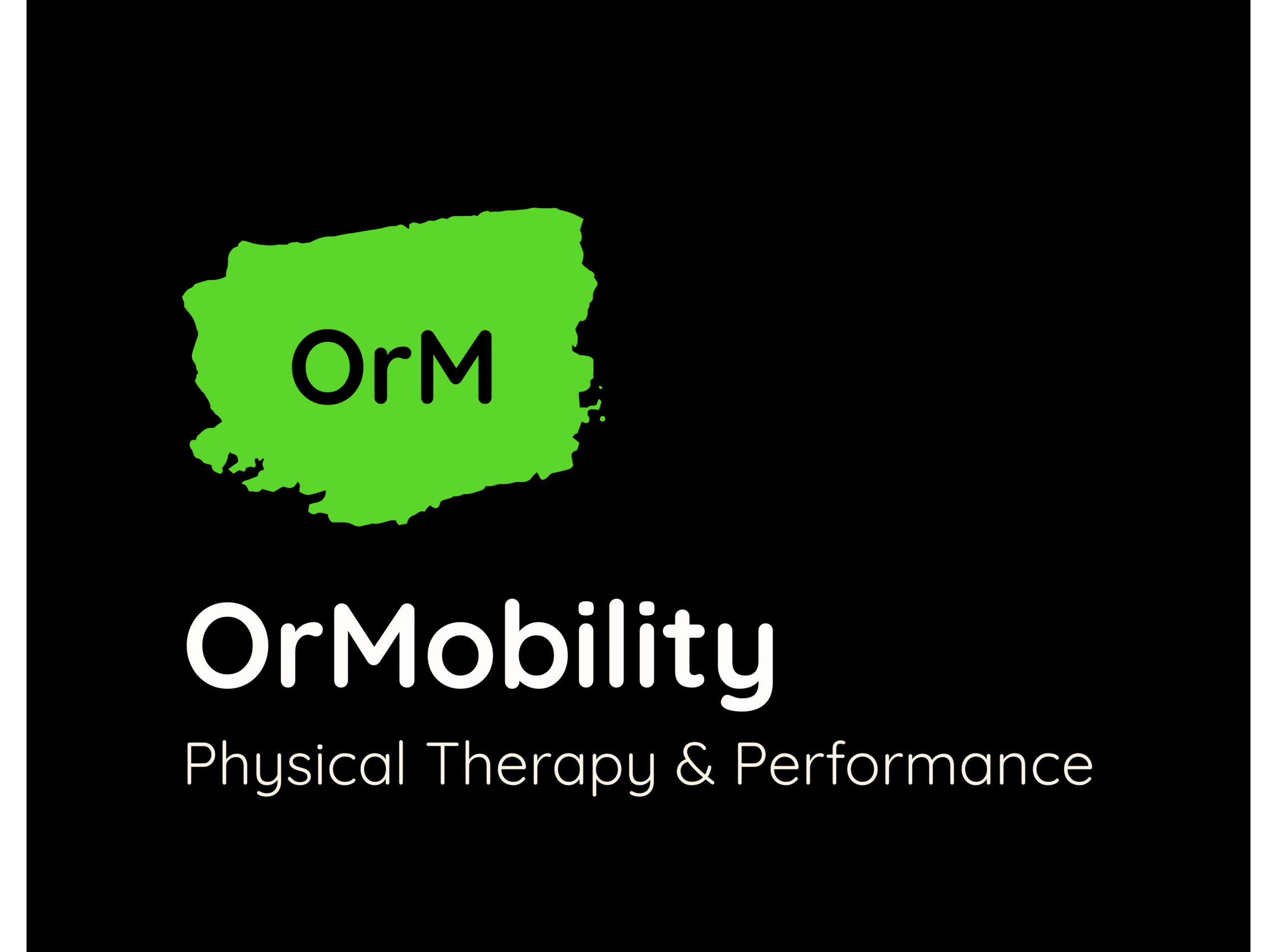Introduction
Shoulder injuries can be both painful and limiting, impacting daily activities and overall quality of life. A common question that arises after a shoulder injury is: When is the right time to start physical therapy? In this comprehensive guide, we will explore the factors that influence the timing of initiating physical therapy after a shoulder injury, the benefits of early intervention, and how a strategic rehabilitation plan can pave the way to a successful recovery.
Understanding Shoulder Injuries
Types and Severity
Shoulder injuries can range from strains and sprains to more complex issues such as rotator cuff tears, dislocations, or fractures. The severity and type of injury play a crucial role in determining the appropriate course of action and the timeline for physical therapy.
The Importance of Early Intervention
Preventing Complications
Early intervention with physical therapy can prevent complications that may arise from shoulder injuries, such as stiffness, muscle weakness, and joint instability. Initiating therapy promptly can also promote faster healing, reduce pain, and enhance overall shoulder function.
When to Start Physical Therapy After a Shoulder Injury
- Immediate Post-Injury Phase:
-
- In certain cases, immediate physical therapy may be initiated under the guidance of a healthcare professional. This is common for minor injuries and post-operative cases to prevent stiffness and promote blood circulation.
- Post-Acute Phase:
-
- Once the acute pain and inflammation subside, typically within the first few days to weeks after the injury, physical therapy can begin. Starting during this phase helps prevent muscle atrophy, maintains joint mobility, and begins the process of strengthening the shoulder.
- Post-Operative Phase:
- After shoulder surgery, physical therapy often starts shortly after the procedure. The specific timeline varies based on the type of surgery and the surgeon’s recommendations.

Benefits of Early Physical Therapy After a Shoulder Injury
- Pain Management:
-
- Physical therapists use various techniques, including manual therapy and modalities, to reduce pain and inflammation, providing relief to patients.
- Restoring Range of Motion:
-
- Early therapy focuses on gentle exercises and stretches to maintain and improve shoulder flexibility, preventing joint stiffness.
- Preventing Muscle Atrophy:
-
- Targeted exercises help prevent muscle wasting, ensuring that the shoulder muscles remain strong and supportive during the healing process.
- Promoting Healing:
-
- Therapeutic interventions stimulate blood flow to the injured area, promoting the delivery of nutrients and oxygen necessary for tissue repair.
The Role of a Skilled Physical Therapist
Individualized Treatment Plans
A skilled physical therapist assesses the patient’s condition comprehensively, taking into account the type and severity of the injury, the patient’s overall health, and personal goals. The therapist then creates a customized treatment plan, incorporating a combination of manual therapy, therapeutic exercises, and modalities tailored to the individual’s needs.
What to Expect During Early Physical Therapy Sessions
- Comprehensive Evaluation:
-
- The initial session involves a thorough assessment of the shoulder’s range of motion, strength, and any functional limitations. This evaluation guides the development of the treatment plan.
- Pain Management Techniques:
-
- Manual therapy techniques and modalities may be used to alleviate acute pain and inflammation, providing immediate relief.
- Gentle Exercises and Stretches:
-
- Patients engage in gentle shoulder exercises and stretches designed to maintain mobility and prevent muscle stiffness. The therapist ensures that the exercises are appropriate for the injury’s stage of healing.
- Education and Home Exercises:
-
- Patients are educated about proper shoulder mechanics, posture, and home exercises to perform between therapy sessions. Consistent home exercises are crucial for maximizing the benefits of therapy.
Conclusion and Empowering Recovery
Taking the First Step Towards Healing
In the journey to recovery after a shoulder injury, early intervention through physical therapy is a crucial step. Starting therapy at the right time, under the guidance of a skilled physical therapist, can significantly enhance the healing process, reduce pain, and restore shoulder function.
At OrMobility Physical Therapy & Performance, we understand the importance of timely and personalized care. If you’ve recently experienced a shoulder injury or are recovering from shoulder surgery, don’t hesitate to schedule a consultation. Our experienced team of physical therapists is dedicated to guiding you through the recovery process, empowering you to regain your strength, mobility, and overall quality of life.
Contact us today to schedule your consultation and embark on the path to a pain-free, more active life.
OrMobility Physical Therapy & Performance


